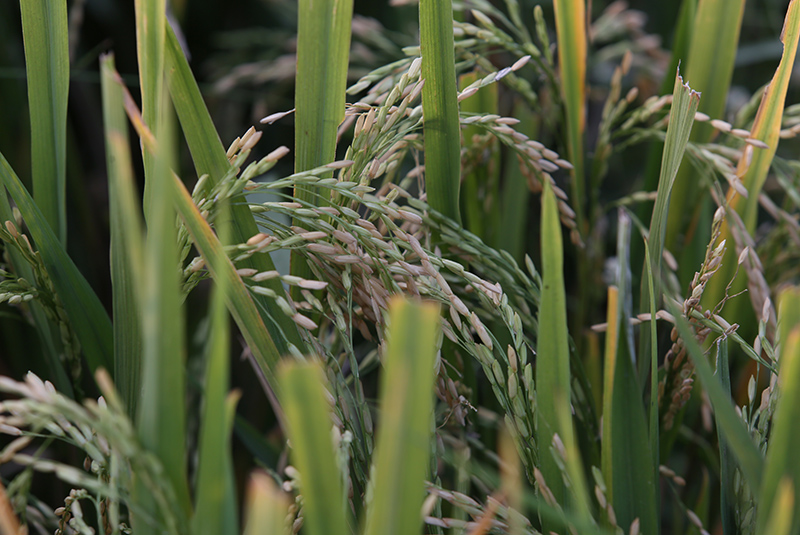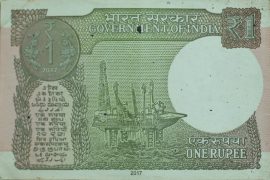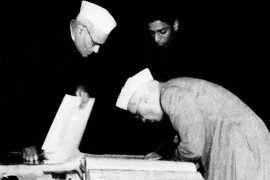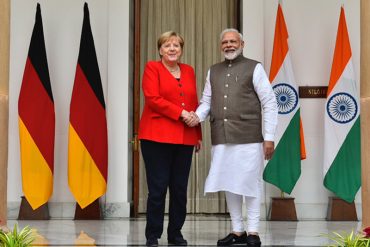Today, global agriculture is more efficient than ever. Between the 1960s and 2005, global agricultural output rose enormously. Whilst the global population rose 2.1 times, calorie production rose 2.7 times, with cereal production increasing from 843Mt to 2068Mt, and meat production increased from 72Mt to 258Mt. In 1961 there were 7.1bn livestock, in 2014 there were 28.2bn (mainly through increases in chickens).
Over the same time period, the World Bank food price index trended downwards, declining by 37% in real terms. As the US Department of Agriculture says, “Over the past 50 years, productivity growth in agriculture has allowed food to become more abundant and cheaper”. Yet at the heart of this remarkable achievement lies a real paradox: as the availability of food has become greater, its ability to nourish the world’s population has declined.
The reason for this is, at least at one level, simple.
We have built a food system that integrates the global with the local, so each country’s food depends, to a greater or lesser extent, on food produced locally and food produced globally. Through incentivising productivity growth – such as through research and technology, producer subsidies, regulations or infrastructure – and liberalising global trade, we have a globally competitive market that rewards countries with comparative advantage to produce at scale. A small handful of crops, those that can be grown at scale in breadbasket regions, have come to dominate the world’s markets – wheat, rice and maize contribute 50% of the world’s calories, and a further 5 crops, barley, potatoes, soya, sugar and palm oil, contribute another 25%.
-30-
Copyright©Madras Courier, All Rights Reserved. You may share using our article tools. Please don't cut articles from madrascourier.com and redistribute by email, post to the web, mobile phone or social media.Please send in your feed back and comments to editor@madrascourier.com











